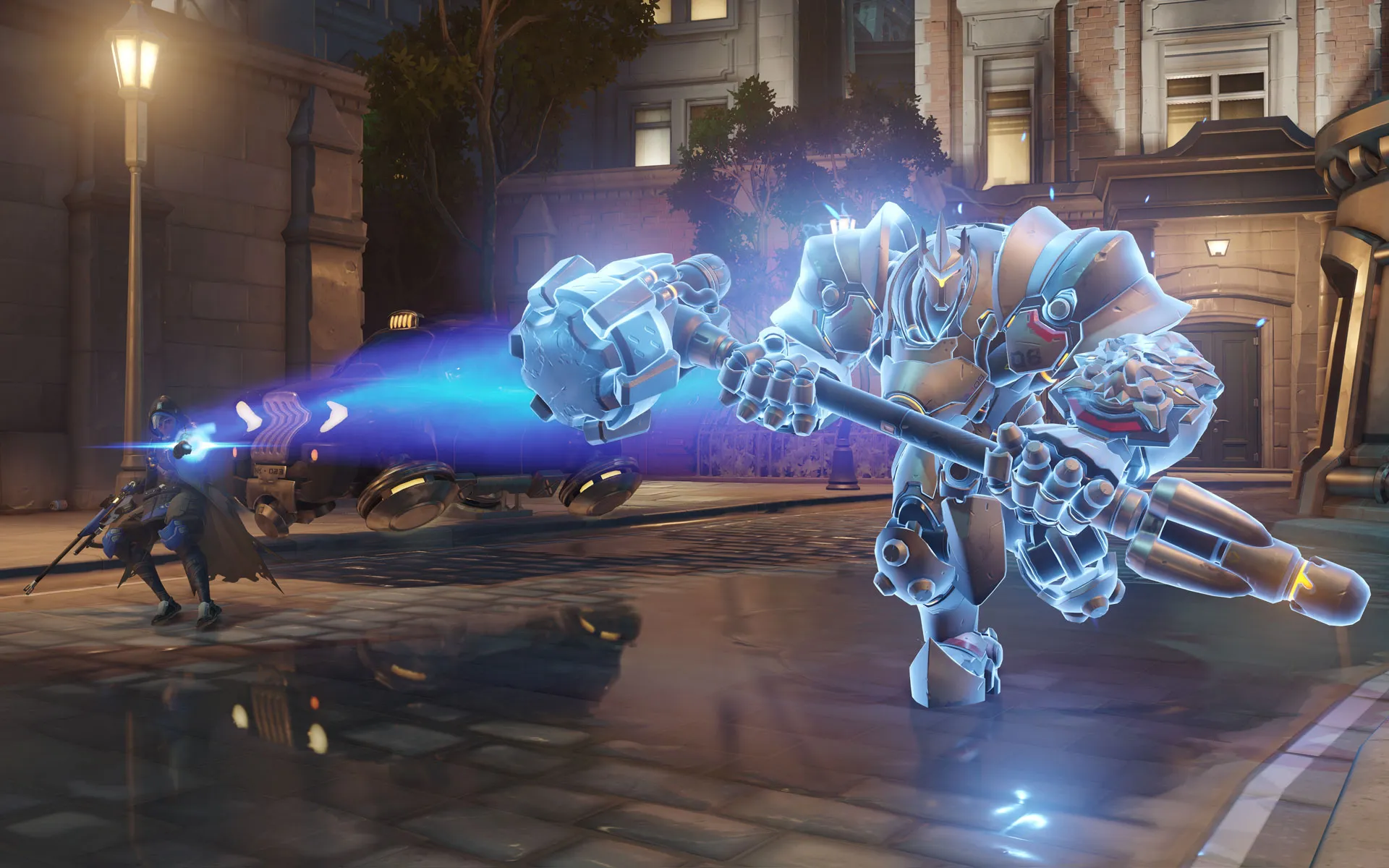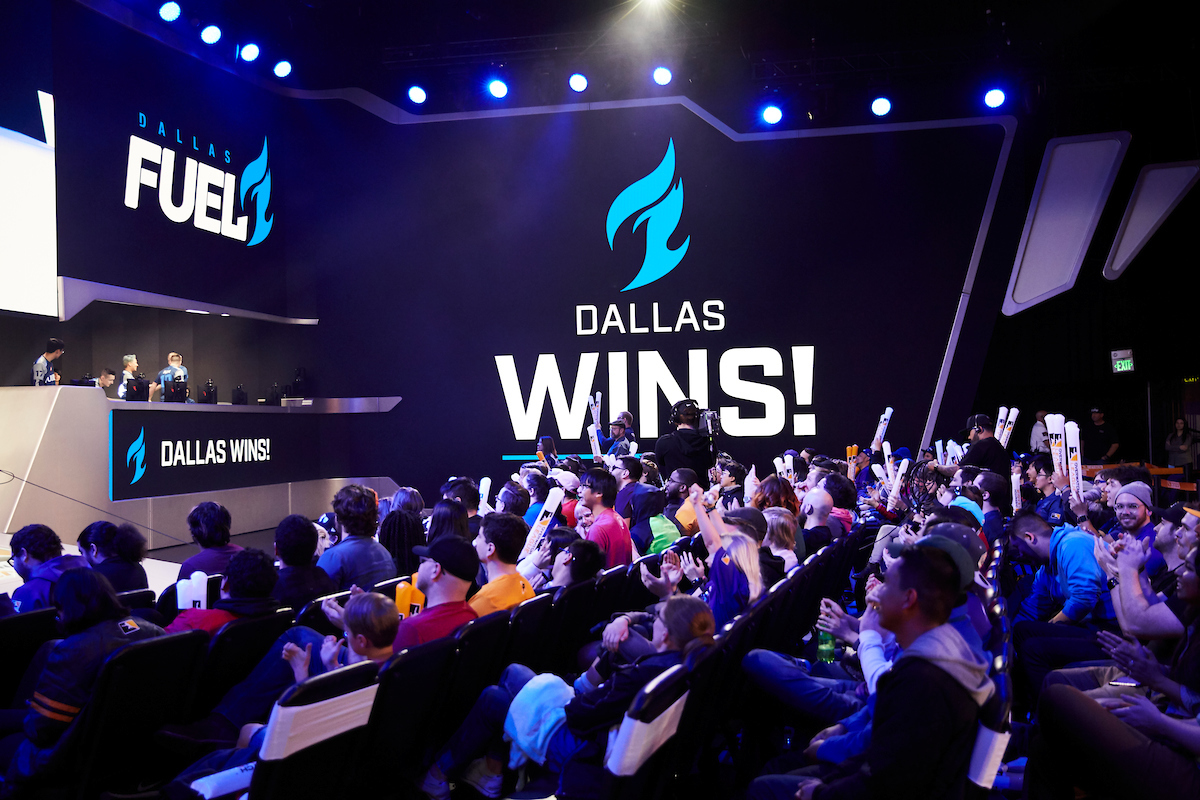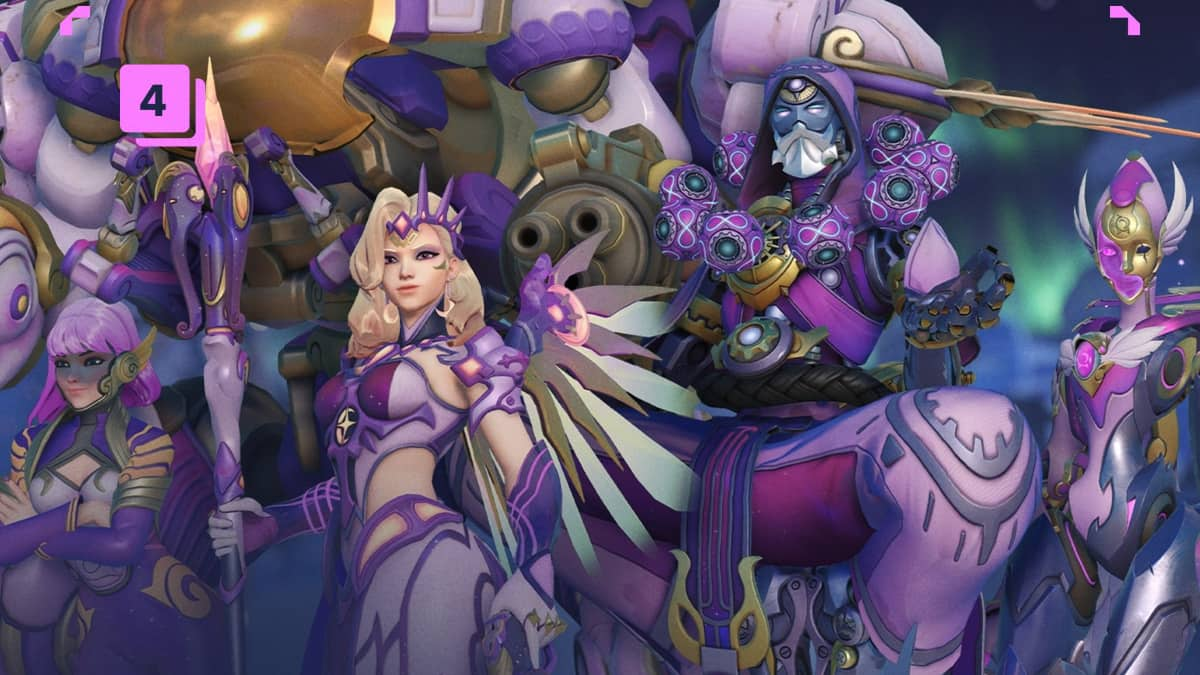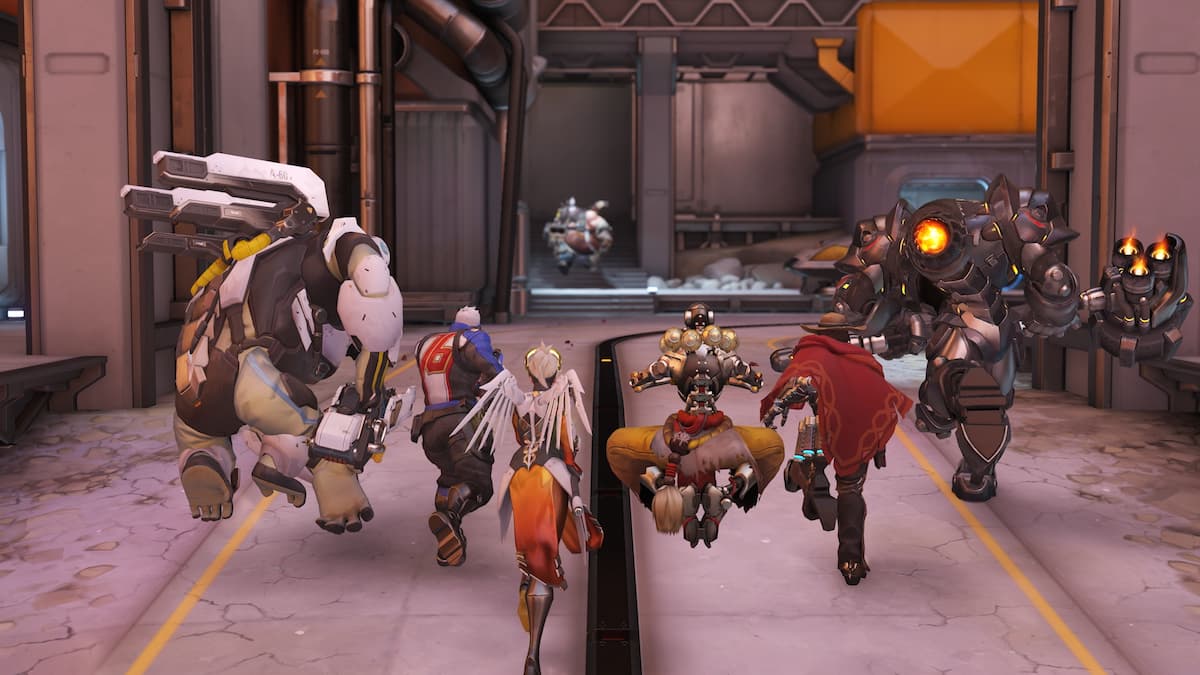Overwatch players can be hesitant to group up. Some people think there’s a rank points penalty for grouping up. Others feel like grouping with random players makes it harder to win—the idea is that they’ll get grouped against another team that’s been playing together longer.
None of these are true, according to Overwatch developer Scott Mercer. Overwatch’s Looking for Group feature is currently in testing on the PTR, and Mercer hit the forums to dispel some myths about matchmaking and grouping ahead of its launch. In doing so, he revealed some interesting statistics about grouping and the matchmaking system.
“The Looking for Group tool in 1.25 is an exciting new in-game feature that gives players more control over their online play experience in Overwatch,” Mercer wrote. “It allows players to find like-minded or similarly skilled individuals who want to work together. Groups can lead to better team play with less negativity and, ultimately, more fun. Since Overwatch is at its very core a team game, there’s really no better way to play.”
Related: Endorsements and Looking for Group features are coming to Overwatch
Mercer said the most common misconception about Overwatch’s matchmaking system is that there’s a penalty for playing in groups. “It doesn’t matter if you’re solo, grouped with one other person, or in a full group of six,” Mercer said. “If you are a 2800 SR player grouped with five other 2800 SR players, the SR change after a win or loss is the exact same as if you played the game solo with five other solo 2800 SR players.”
There’s a lot going on to make sure the game is matched fairly, too. Blizzard designed the Overwatch matchmaking system to put players into games with “equivalent-sized groups, especially for solo players.” Statistics show that the system is doing a good job, according to Mercer. He added that all-solo player teams play other all-solo player teams 73 percent of the time, with a 50 percent win rate. All solo teams rarely get matched with a full six-stack, though it does happen once in every 1,150 games, with a 41 percent win rate. It’s not a great win-rate, but it’s not unwinnable, Mercer stressed.
Six stacks do have the highest win rate, and that’s because there are a lot of benefits to grouping up. And that’s what the Looking for Group tool is for—encouraging players to make their experience better.
But that leads us to the last misconception, which is about groups that form sporadically or spontaneously. Folks just don’t want to group up with strangers, because they feel it’s at a disadvantage—they’ll just get placed against teams that play together frequently and, therefore, are better at playing as a group. Mercer refuted that claim, too.
“If two groups have similar mechanical skill and individual decision making, but one of the groups has a formed a synergy advantage from playing together for a long time, that advantage will naturally result in a higher SR,” Mercer said. “That means those two groups are not likely to be matched together because their players will have different skill ratings.”
Plus, the benefits of grouping up manifest quickly, he added. It won’t be hard to catch up if you’ve got a group of like-minded players, even if they haven’t played much together.
There’s no release date for the Looking for Group tool, but it’s expected to leave the test server soon. The feature was announced in early June alongside a new Endorsements social experience. PC Overwatch players can test out both now on the PTR.






Published: Jun 20, 2018 03:41 pm